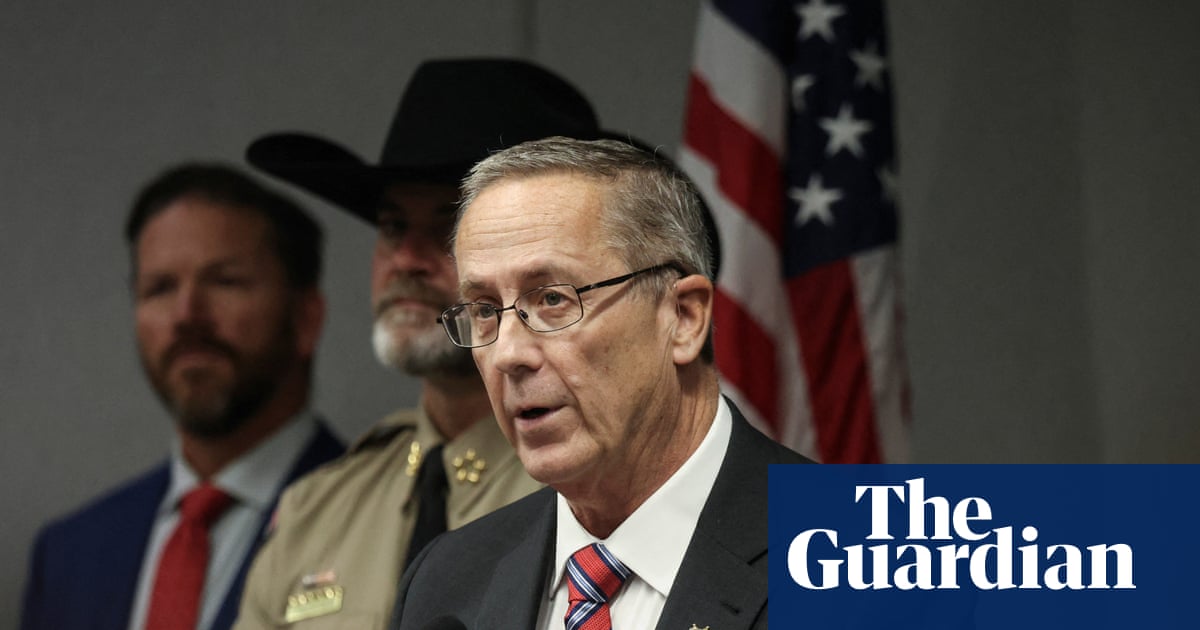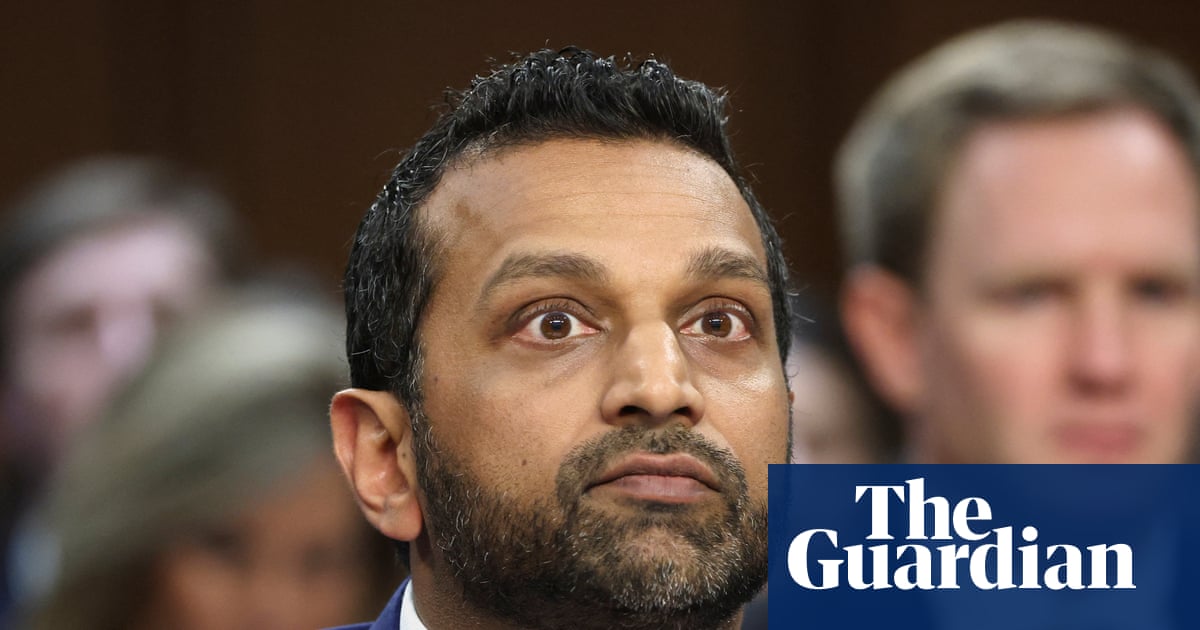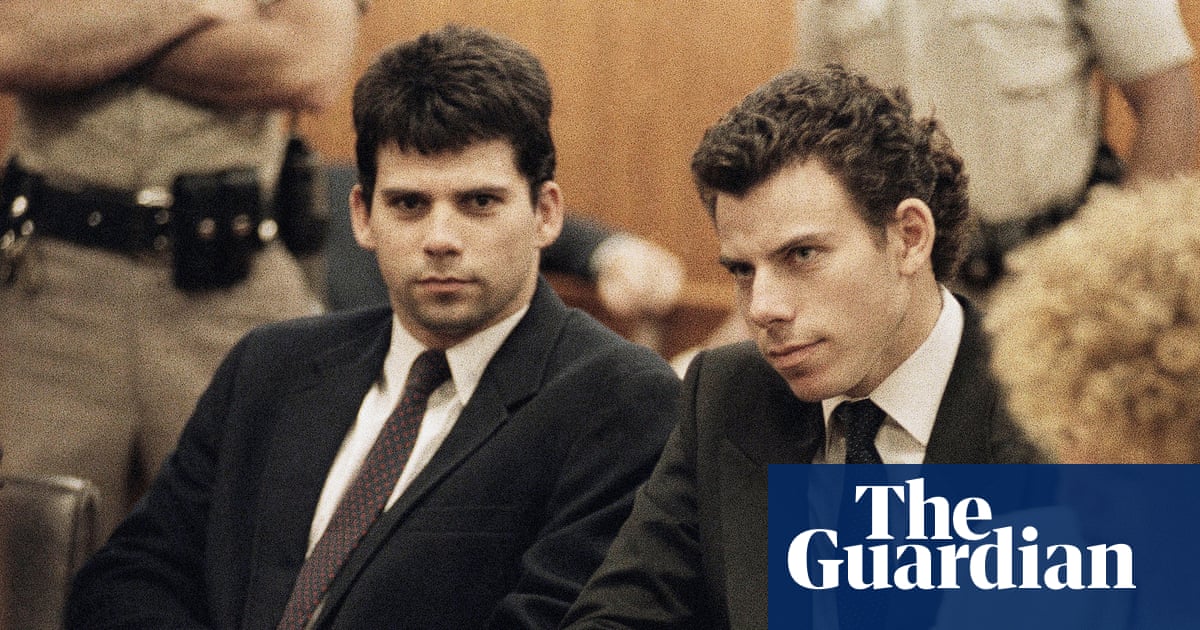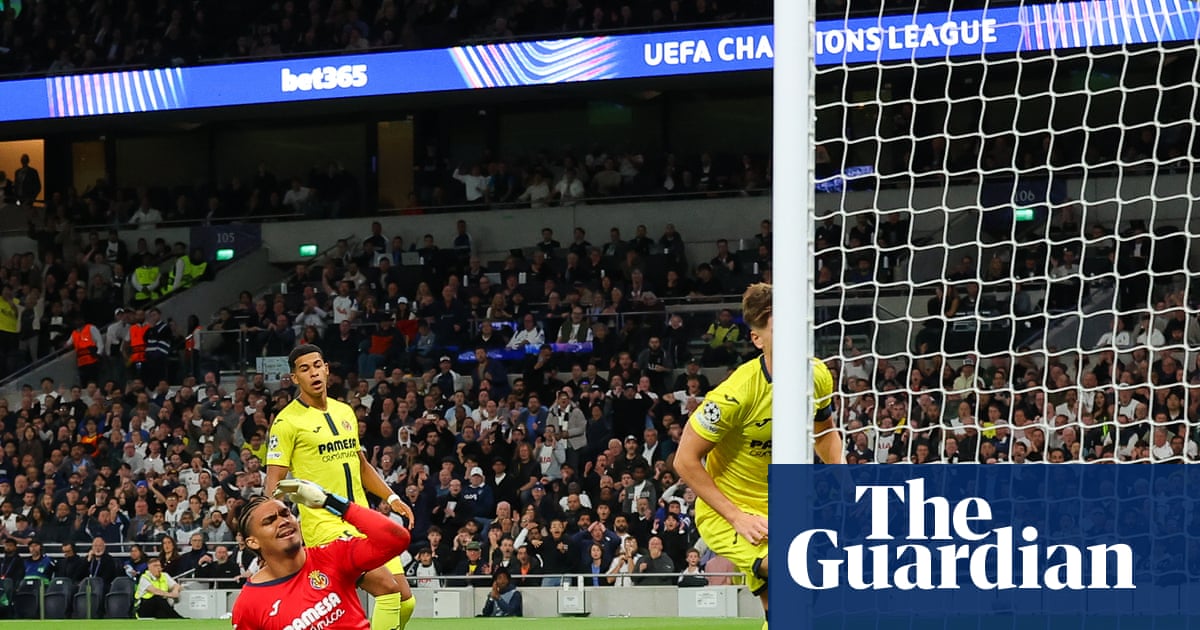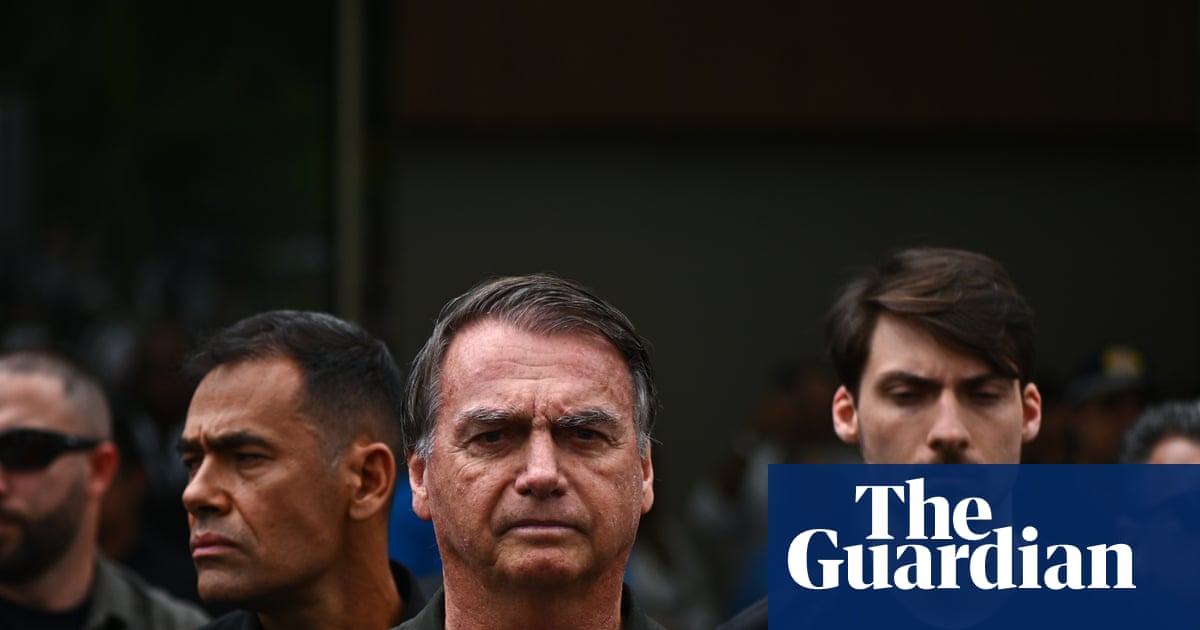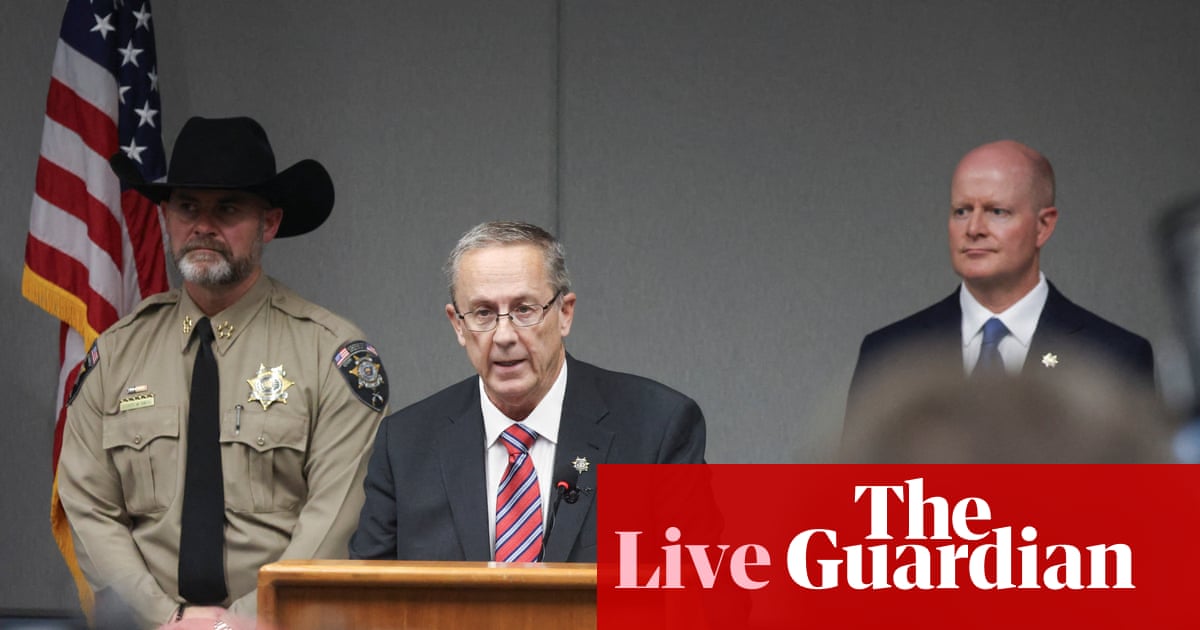In comparable terms of criminal justice, Harvey Weinstein’s sexual crimes retrial in a Manhattan criminal court has had little of the fanfare that meets the trial of Sean “Diddy” Combs playing out just steps away in federal court.
Combs’s trial, on charges of sex-trafficking conspiracy and featuring lurid testimony, has been a hub for content creators, each day lining up outside to deliver their thoughts on the day’s evidence.
But nearby, Weinstein retrial in Judge Curtis Farber’s dingy courtroom exists in a virtual vacuum of attention, though both – one for a fallen movie mogul, in the other a rap entrepreneur – share similarities around issues of sexual consent that, prosecutors allege, crossed over into serious crimes.
Five years ago, under the high-wattage glare of the #MeToo movement, a jury convicted Weinstein of one count of rape in the third degree of Jessica Mann, a former aspiring actor, and one count of criminal sexual act in the first degree against Mimi Haley, a former production assistant on Project Runway.
That conviction helped cement #MeToo in the popular consciousness of America and the world – a huge victory not just for Weinstein’s victims but also for millions of other women who have experienced sexual assault and harassment.
Yet that conviction, and subsequent 23-year sentence, was sensationally vacated in April last year on the grounds that New York prosecutors had used testimony from accusers that was unrelated to the charges. A second trial in California two years after his New York retrial had found Weinstein guilty on three of seven charges, including rape and sexual assault. That conviction is now also under appeal on similar grounds.
Weinstein, 73, denies ever raping or sexually assaulting anyone.
Over the past several weeks, New York prosecutors have rebuilt the first, familiar case before a new jury – with an additional accuser, Kaja Sokola, a model turned actor who alleges she was assaulted by Weinstein in a Manhattan hotel in early 2006.
Weinstein is a shadow of the man in the first trial – pale and so sick that Farber agreed to him travelling to court from the prison-hospital wing of Bellevue hospital, and not Rikers Island, the notorious city jail, where he had been held since his first New York conviction was overturned. Weinstein has arrived in court each day in a wheelchair.
In opening arguments, prosecutors told jurors that Weinstein exerted “enormous control” over the film and TV industry, and used that power to offer women scripts, the promise of fame, but then “used those dream opportunities as weapons”.
But each of the three women have faced questions about their relationship with Weinstein before and after the alleged assaults, as well as payouts from a compensation fund.
Heather Cucolo, a New York law school professor, said there was not anything new in the defense’s approach “to break down the victim’s credibility in a ‘he said, she said’ scenario of events that are far removed by time”.
It is not known whether the prosecutors use of prior bad-act testimony in the first two trials was pivotal to the jury’s decision, Cucolo said, but it is difficult to say that the prior conviction in California, now also under appeal, “isn’t somewhere in the minds of the jurors”.
On Thursday, as the defense case started, jurors heard from Helga Samuelsen, who shared a New York apartment with Sokola. She testified that Weinstein had visited them in late 2005 and the pair had disappeared into a bedroom for half an hour, countering Sokola’s testimony that she never spent time with Weinstein in the apartment prior to the alleged assault.
Asked why she was testifying for the defense, Samuelsen said: “Someone’s life is at stake. At least that’s my opinion.” The comment was later struck from the court record.
Earlier in the trial, accuser Jessica Mann described Weinstein grabbing, dragging, forcefully undressing and raping her in a Beverly Hills hotel room in early 2014. Mann testified that she told Weinstein she had a boyfriend. “You owe me one more time!” Weinstein shouted, Mann said. In court, Weinstein shook his head.
As she left court during a break in her testimony, Mann, 39, turned toward Weinstein and aimed a finger at her eyes and then at him. Weinstein’s lead defense attorney, Arthur Aidala, requested a mistrial, arguing that the alleged Los Angeles encounter is not charged by the state.
Weinstein is charged with raping Mann on another occasion, in New York in 2013. Mann testified that she had had a consensual, on-and-off relationship with Weinstein, then a Miramax movie producer.
The defense lawyers have been brutally aggressive. Aidala has portrayed Mann as an aspiring actor who had only willing sexual encounters with a Hollywood bigwig she thought it could help her. He also raised the question of why Mann had first tried to reject Weinstein’s sexual advances but, he said, ultimately pretended to enjoy it.
Mann had testified that she gave in because Weinstein wouldn’t let her leave, and she faked an orgasm in order to extricate herself. “Meg Ryan in the restaurant,” Mann said to a question about whether she had lied to her alleged assailant, referring to the famous scene in the film When Harry Met Sally.
Outside the presence of jury, prosecutor Matthew Colangelo complained that Aidala’s questioning went “beyond the pale”. Prosecutors have also called expert witnesses to describe the impact of sexual assault trauma on memory recall, the psychology of victim-abuser relationships, and on erectile dysfunction.
As the defense continues, the key question is whether Weinstein himself will testify. The producer did not take the stand in either of the first two trials. The New York court of appeals, in overturning the original trial verdict, said Weinstein had been unfairly deterred from exercising his right to testify because the judge had warned him he could be questioned on the uncharged witness testimony.
“It’s always risky for a defendant to take the stand, but there are exceptions,” said Cucolo. “I don’t think him taking the stand to claim his innocence would necessarily benefit him. And it would also open him up to prosecutorial cross-examination that would then have the potential to really nitpick, and take apart, any and all things he has said.”
Taking the stand in his own defense may not be warranted. In a highly unusual move as the prosecution rested, the rightwing YouTuber Candace Owens released a jail-house interview with Weinstein in which she said she had changed her mind about his culpability, and now believed he was wrongly convicted and had been swept up in the #MeToo movement.
“It definitely looked like the #MeToo movement got so big that they needed to sort of hang somebody, you know?” she said.
Weinstein said he now wished he had pushed back harder on the initial claims against him. “I should have just done a press conference and handled each situation and said, ‘This girl is full of shit, and this one here and that, and this and that.’ And I ran away from it,” he told Owens.
Outside court on Thursday, Aidala was asked how his client thinks the trial is proceeding. “He thinks that the evidence at this trial has been challenged very forcefully and that many of the complainant stories have been torn apart,” he said.
Aidala told reporters that his client is “seriously contemplating” testifying, but that Weinstein and his defense team were still deliberating the question. It was “a decision that the client makes, and that overrides the lawyers”.
“We’re going to make a game-time, more or less, decision,” he added.

 3 months ago
81
3 months ago
81
